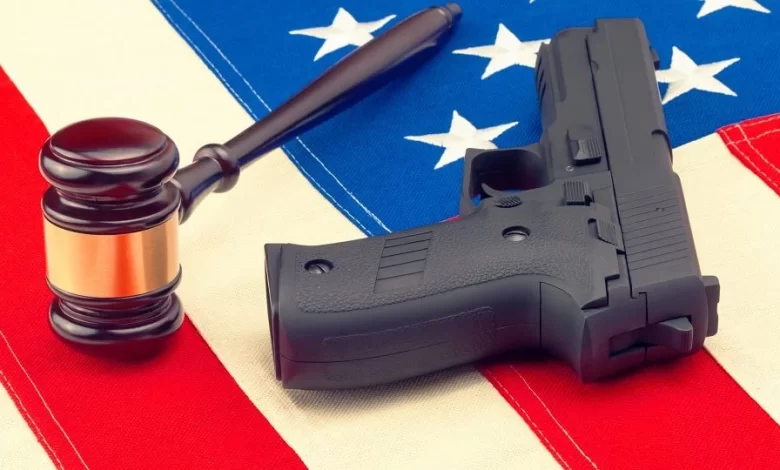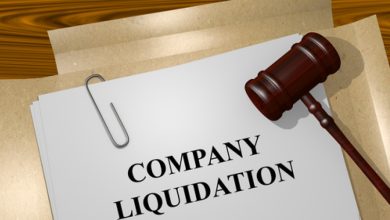What are the requirements for the gun registration?

Introduction
Systems for registering firearms are a practical way to discourage unlawful gun usage and promote law-abiding gun ownership.
Laws mandating gun owners to register their guns assist law enforcement identify criminals and disarm them while also ensuring gun owner responsibility. Despite the obvious benefits of registration laws, few states have them on the books—and some openly forbid them.
Owning a firearm entails a lot of responsibilities. When handling a firearm, you must take the necessary precautions to protect both your welfare and the welfare of other people. It is the user’s duty to prevent accidents. Check Peakfirearms for more information on firearms.
A history of gun registration in United States
The Sullivan Law, passed by New York in 1911 and still in force today, stipulates that you need a license to acquire a firearm. The issuing authority has discretion over who receives a license under the legislation. The law’s goal was to prevent Irish and Italian immigrants from possessing pistols at the time because different-blooded New York officials saw them as being unreliable.
Each firearm that a person owns must have a separate license, which registers the pistol by recording its manufacture, model, and serial number. After then, New York City’s crime rate remained astronomically high for decades. When the NYPD, then-Mayor Rudy Giuliani, boosted its enforcement of a wide variety of criminal statutes, the city’s violent crime rates fell in the 1990s.
The Roosevelt administration considered outlawing fully automatic weapons in 1934. The Department of Justice, however, urged against it since a prohibition would go against the Second Amendment. FDR advocate for legislation that mandated the registration of fully automatic weapons, short-barreled rifles, short-barreled shotguns, and firearm sound suppressors. The National Firearms Act of 1934 was the outcome. Homer Cummings, FDR’s attorney general, pushed for the registration of weapons as well. Cummings advocated for separate handgun registration legislation in 1938.
If all firearm transfers were subject to NICS checks, the FBI maintained records of approved checks indefinitely, and such records included information currently kept on federal Form 4473s, which detail the identity of a person purchasing a firearm from a firearm dealer along with the make, model, and serial number of the purchased firearm, NICS would turn into a registry of firearm transfers. A record of firearm transfers would eventually turn into a list of firearms owned as persons sold or left their weapons to others.
Qualifications
If you want to own and use a handgun lawfully, you must:
If you’re buying a firearm from a relative, you must be at least 18 years old or at least 21 years old.
You are ineligible if you have ever had a felony conviction. You also won’t be qualified if you have any criminal charges against you that are still outstanding or older cases that haven’t reached a court decision.
You won’t be qualified if you currently have any court orders prohibiting the purchase or ownership of firearms. Additionally, you must provide a valid photo ID with your current address on it. Identification that has expired will not be accepted.
Purchase permits
If buying from a private seller, you must first visit the Sheriff’s Department to get a purchase permission. You can go directly to the dealer if you’re making a purchase from one.
You must present a legitimate photo ID. You will also be needed to complete a basic questionnaire and pass a short test on safe and legal handling of handguns. We’ll do a background check to make sure you satisfy all the requirements.
A purchase permission will be sent to you after your application has been accepted. This form has three parts. There are three sections: one for your records, one for the seller’s records, and one for the State of Michigan. The 30-day purchasing permission expires after that time.
After purchasing your firearm, you must provide the MSP copy of the purchase permit back to the County Sheriff Department.
Disarming ineligible people
Laws governing the registration of firearms also aid in the recovery of weapons from those who are no longer permitted by the law to own them due to criminal convictions or other restrictions. Comprehensive registration regulations mandate yearly renewal of registrations or an explanation from gun owners as to why they should no longer be considered accountable for the firearm. Owners go through extra background checks as part of the renewal procedure to make sure they don’t fit any categories that forbid the possession of guns. As a result, the renewal procedure gives law enforcement a chance to seize unlawfully obtained weapons.
Gun owner accountability
Additionally, by making gun owners accountable, registration regulations contribute to the reduction of unlawful weapon transactions and transfers. A gun owner may be discouraged from giving their weapon to a potentially dangerous person if they are aware that law authorities may track the weapon back to them. They may also be urged to keep their weapon carefully to avoid theft or illegal access. Registration regulations can prevent “straw purchases,” in which a qualified individual buys a firearm on behalf of a nonqualified individual or a person who doesn’t want their gun to be linked to them.
Combining registration with licensing
Laws mandating licenses for gun owners and buyers are best linked with registration laws to maximize their effectiveness. According to a 2001 study that examined the firearm tracing information of crime weapons recovered in 25 US cities, states with some kind of registration and licensing system are more successful at preventing firearms that were initially sold by local dealers from being recovered in crimes than states without such systems. According to this data, licensing and registration rules serve to guarantee that gun owners are still legally permitted to own their weapons while also making it more difficult for criminals, children, and other forbidden buyers to purchase firearms.





